Q+A with "Men of Hope" director Till Derenbach
In July 2021, K+S presented the North American premiere of Men of Hope, at the Westport Library in Westport, CT. The powerful documentary, directed by Andreas Frohlich and Till Derenbach, tells the story of Afghanistan men’s national team’s attempts to qualify for the Asian Cup and the German-Croatian coach who dared them to dream.
Ahead of the screening, we had the opportunity to learn and share the thoughts of the directors.
Men of Hope co-director Till Derenbach
How did you conceive of this film?
In early 2016 we read an article titled "The most dangerous job in world football". This article was about Petar Segrt, his successes with the Afghan national team and the "special" circumstances of this job. The fact that a former refugee child (Petar Segrt) is training a national team, which also consists to a large extent of refugee children, in a country in which war has been raging practically non-stop for decades, immediately made us decide that we wanted to tell this story in a film.
Where did you shoot Men Of Hope?
Netherlands, Germany, Austria, Slovenia, Croatia, Lebanon, Jordan, Afghanistan, Tajikistan, Malaysia, and Vietnam.
What were the biggest obstacles during the shooting of the film?
Of course, first of all, the distant locations and our very limited budget. To motivate partners was and is not so easy because, contrary to expectations, we are not talking about war, terror and the Taliban, but rather show a picture of Afghanistan that is still unknown in the media. Ultimately, that was the goal from the very beginning: we will make a positive film about Afghanistan. In the end, however, that wasn't so easy ...
Was there support from official entities?
Some of the local football associations supported us very much. In the end, however, how easy or difficult the shooting turned out to be for us depended to a great extent on the discretionary powers of the people who were in charge each time. There was never really an official or even written permission for shooting. Frequently, it appeared for days on end that we had traveled somewhere for no reason at all and were not allowed to shoot one single picture. And then suddenly - probably because of our persistence - we were able to get some good material.



